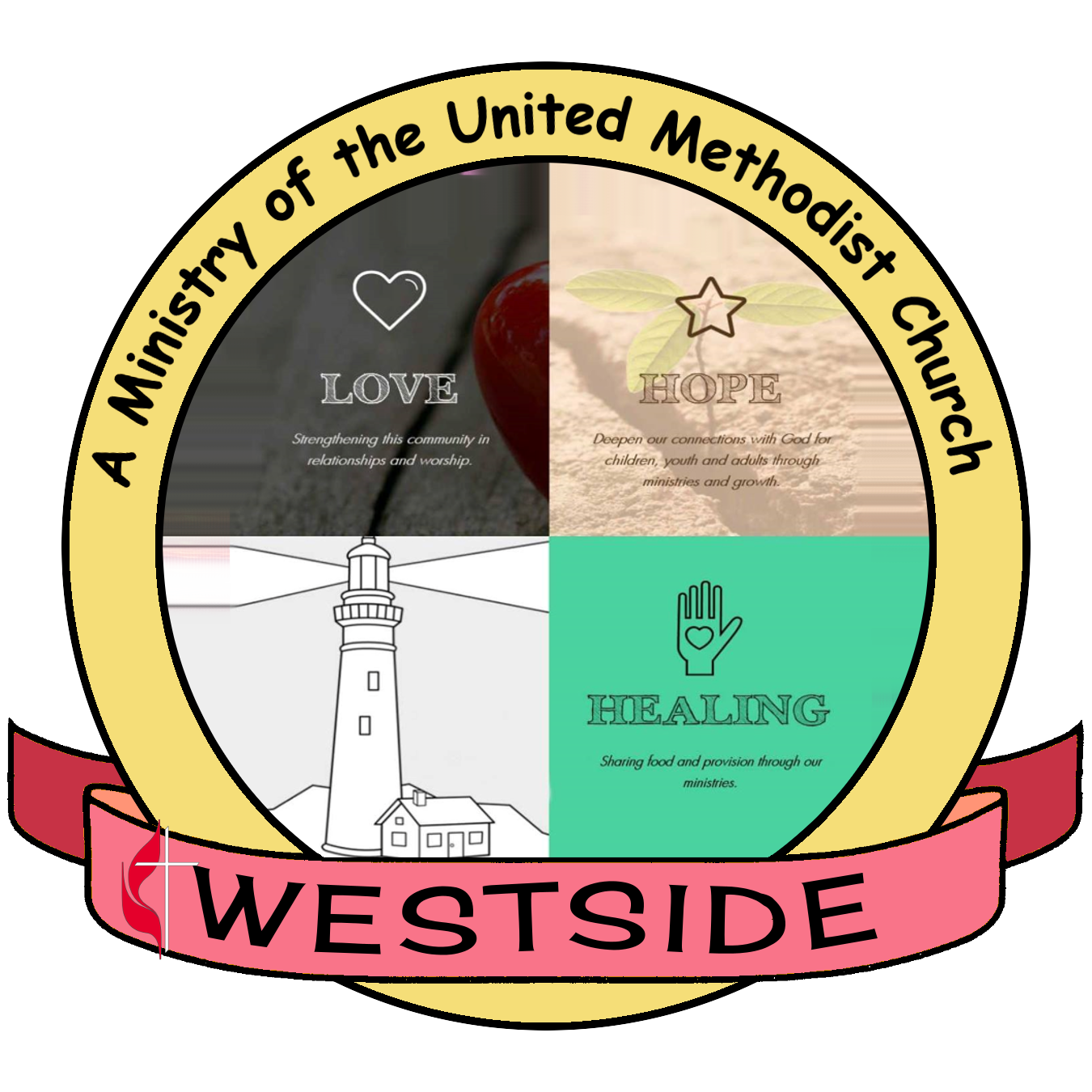Hurtful language. Snide remarks. Sarcasm. Anger. Rage and malice. And the wreckage behind.
It happens. It is amazing how that children’s rebuff to bullies: “Sticks and stones may break my bones, but words will never harm me” was once super popular, yet so far from true. That phrase was said to have first appeared in a publication of the Christian Recorder in March 1862, a publication of the African Methodist Episcopal Church. It was there presented as the “old adage.”
But we all know that words are powerful. Indeed a bone can break with a blow, but words wound the heart, injure the mind, and sear the very soul. It is incredible how powerful our words can be. Each of you can testify to this, for were I to ask, you would be able to come up with some painful thing that was told you as a child. Even if the event happened decades ago, it still can carry weight. For some of us, depending upon the level of healing we have experienced, that “word” can carry with it all the feelings that accompanied the event. Indeed, if it is still very fresh, we would be able to tell what we were wearing, where we were standing, and who else was with us.
Scripture affirms the power of words, saying, “The tongue can bring death or life…” (Proverbs 18:21). James wrote that the tongue is “full of deadly poison” (James 3:8).
Have you noticed in your life how a single putdown can have more power than 30 uplifting comments? It is as if we lean in to the negative and push back from the positive.
In the world of child development there is much evidence that using negative words has less authority/impact than positive. Indeed, some research into children’s lives noted that discipline worded negatively is much harder for the child to understand. “‘Stop’ on its own tells a child nothing. He is left to deduce what he shouldn’t be doing and what he should be doing. For preschoolers and toddlers, that’s asking too much. And then if we “add” what a child should stop doing, I am asking that the child double-process, both what I have told him not to do and to decide what he should do instead.”
This article continued, “In general, science finds that when a child (or anyone for that matter) is told no, their fight, flight, freeze or faint response is activated (1). In this state of mind, children are more likely to emotionally respond. The result is a child who likely feels angry, avoidant, rigid or helpless. In contrast, when a child hears positive phrasing, their prefrontal cortex, the area of the brain responsible for resilience, curiosity, open-mindedness, problem-solving and even morality is engaged (2).” (Whole article here)
All from the choice of positive or negative language. Language with kids, language with adults, language that is yelled or spoken softly, language that tears down or builds up. There are so many choices for us in the words we use. And as we make those choices it might help to recall how language impacted our own lives. It seems that the way we were spoken to often is how we speak to others.
This is tough to see, but it helps to ask those we trust. Get feedback from others around you -- how did I come across? Did that sound harsh? Was I negative? Did that comment impact you negatively? Get feedback for what you cannot know: how others experience you.
Do the hard work of communication. It is important to learn how your words are impacting others. It is important to communicate to others how their words have impacted you. And it is important to learn to use language in a way to always seek to build others up, to equip them for the good, to embrace them with the words you use. As Paul wrote to the Ephesian Christians he spoke in this manner: “Do not let any unwholesome talk come out of your mouths, but only what is helpful for building others up according to their needs, that it may benefit those who listen” (Eph. 4:29). Eugene Peterson caught the sentiment this way in his translation, “each word a gift.”
What a picture. Each word a gift to the hearer.
There are so many situations torn apart by the use of language in our times and in the church. In the midst of these times, language is all the more important. May you speak allowing each word to become the gift it needs to be for the hearer. May your goal become to build up those around you with the words you are using.
I swim with one guy who seeks to always encourage everyone he meets day by day. He seeks to find something to uplift the hearer. And this friend is not yet even a Christian, but that is his goal. What a godly goal. Make each word a gift today.

